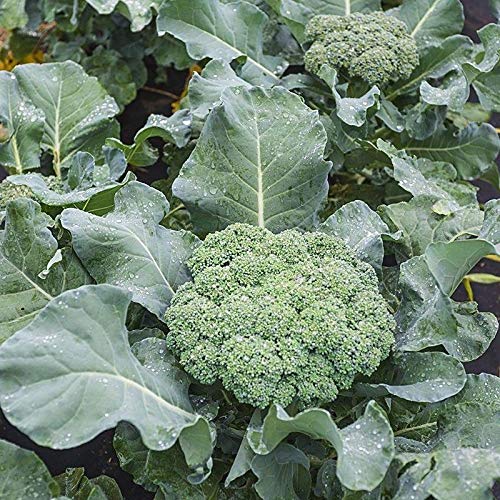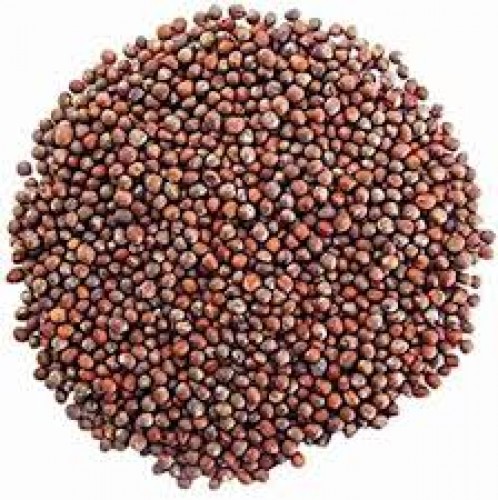60%
off
off
Broccoli Seeds
About Broccoli
Broccoli (Brassica oleracea var. italica) is a nutrient-rich vegetable from the cabbage family. Known for its edible green flower heads and stalk, broccoli is loaded with vitamins C, K, A, and fiber. It is a cool-season crop and an excellent choice for kitchen gardens and organic farms.
How to Plant Broccoli Seeds
- Sowing Season: Best grown in cool weather; sow seeds from September to January in most regions.
- Soil Requirement: Well-drained, fertile soil with pH 6.0–7.0 enriched with compost or organic manure.
- Sowing Method: Sow seeds in nursery beds or seed trays. Transplant seedlings after 25–30 days.
- Spacing: Maintain 40–50 cm between plants and 50–60 cm between rows for proper air circulation.
- Germination Time: Seeds germinate in 5–10 days under ideal conditions (18–24°C).
Care Instructions
- Sunlight: Requires 5–6 hours of full sunlight daily.
- Watering: Keep soil consistently moist but not waterlogged. Avoid overhead watering.
- Fertilization: Apply compost before planting and follow up with nitrogen-rich fertilizer after transplanting.
- Mulching: Use mulch to conserve soil moisture, regulate temperature, and reduce weed growth.
- Temperature: Ideal growing temperature is between 15°C and 25°C.
Maintenance Tips
- Weed Management: Weed regularly to reduce competition for nutrients and water.
- Pest Control: Watch out for aphids, cabbage worms, and flea beetles. Use neem oil or organic insecticides as needed.
- Staking: In windy areas, support plants to prevent damage.
- Harvesting: Harvest the central head when it is tight and green, usually 60–75 days after transplanting.
Quality and Benefits
- Nutritional Value: High in vitamin C, K, fiber, calcium, iron, and antioxidants.
- Growth Quality: Produces firm, compact heads with dark green color and uniform shape.
- Health Benefits: Boosts immunity, supports digestion, reduces inflammation, and aids heart health.
- Market Value: High demand in fresh and health food markets.
- Organic Friendly: Thrives well under organic practices with compost and natural pest control.
Tip: After harvesting the main head, side shoots may continue to grow and can be harvested later for extended yield.

